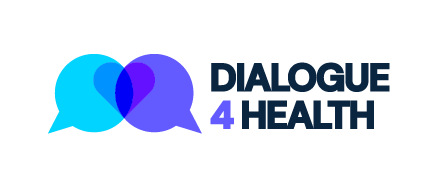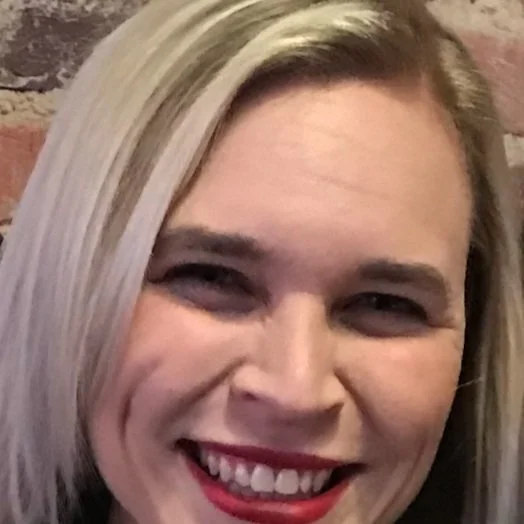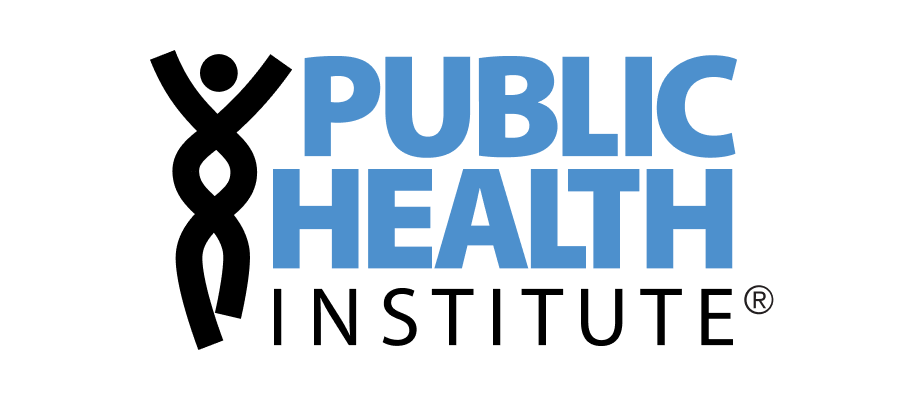The COVID-19 pandemic has taken a toll on the mental health of all age groups. Students and adolescents report that the pandemic has had significant impacts on their mental health, as they’ve missed out on major life events and adjusted to distance learning. At the same time, the pandemic has exacerbated mental health inequities across minority and vulnerable groups, particularly among Black and Latino youth. Schools have been instrumental in providing mental health supports and interventions, even before the pandemic, and communities, policymakers, and researchers also play a role in implementing school-based mental health services. Mental Health First Aid is one such intervention that has helped schools respond to students’ mental health needs in both a low-cost and high-impact manner. How have schools and others adapted during the pandemic to address students’ mental health needs, and what will change going forward?
In this Web Forum, our speakers will address:
Lessons learned from the 2020 school year and potential approaches for 2021
How communities, advocates, researchers, and policymakers can partner with one another to implement Mental Health First Aid during the pandemic; and
Evidence-based strategies to improve mental health equity through Mental Health First Aid.
This one-hour discussion is the second in the Web Forum series Equity in COVID-19: Bridging the Gap Between Public Health and Policy, brought to you by the Public Health Institute and IMPAQ, a subsidiary of the American Institutes for Research. The series explores “in-the-news" topics, such as mental health; housing and health outcomes; and environmental health and climate change, and provides actionable insights to address equity issues by translating research into policy and practice.






